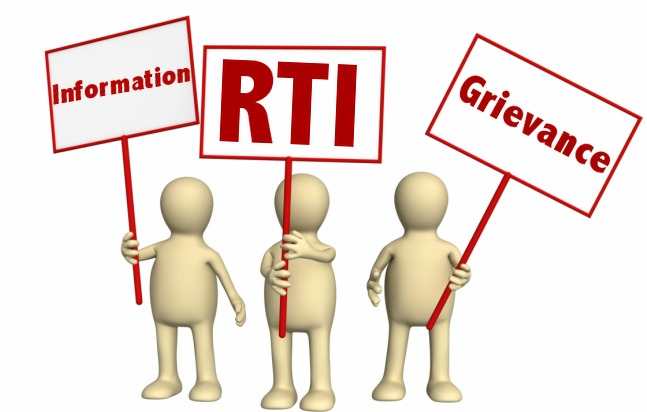- Activists are concerned about the Right to Information Act of 2005’s eroding efficacy in keeping government responsible.
- Political parties, the judiciary, and intelligence agencies are immune from the Act.
- Recent revisions, such as personal data protection provisions, have raised concerns.

RTI and the DPDP Act
- The Digital Personal Data Protection Act of 2023 forbids the sharing of personal data, even for social audits, lowering openness.
- Critics are concerned that this blanket restriction will stymie accountability and transparency measures.
About the Right to Information (RTI)
| Enactment | June 15, 2005 |
| Objective | Promote transparency and accountability |
| Applicability | All public authorities at central, state, local levels |
| Scope | Access to information on matters of public interest, government policies, budgets, etc. |
| RTI Application | Filed in writing with the concerned public authority |
| Response Time | Within 30 days (48 hours for life or liberty issues) |
| Exemptions | Some information exempted to protect national security, privacy, etc. Judiciary |
| Fees | Nominal fee varies based on state and information requested |
| First Appellate Authority | Filed if dissatisfied with the response |
| Second Appeal | Filed with the relevant Information Commission |
| Whistleblower Protection | Safeguards against victimization for exposing corruption |
| Impact | Promotes transparency, accountability, and good governance |
Implementation Difficulties
- Implementation concerns weaken the Act’s goal of transparency.
- The effectiveness of the Act is dependent on subordinate rules established by the Union and State Governments.
- Slow nominations to information commissioners cause appeals to be delayed and undermine trust in the system.
Obstacles and Online Solutions
- Payment mechanisms for RTI applications differ between states, complicating matters.
- Online RTI portals remove barriers, however they are not widely available, limiting access.
- The usability of the Union Government’s RTI portal is affecting data retrieval.
Increasing Dissatisfaction
- Rising first-time appeals reflect increased discontent with the information provided.
- RTI efficacy is hampered by structural issues in institutions and websites.
- Activists stress the significance of addressing larger institutional concerns.
@the end
- The effectiveness of the RTI Act is limited by implementation issues, changes, and internet restrictions.
- To maintain and improve the Act’s effectiveness, a comprehensive approach is required.
- Addressing these concerns will improve transparency, accountability, and access to information for citizens.
Source: https://www.thehindu.com/sci-tech/technology/explained-has-right-to-information-weakened-over-the-years/article67259315.ece
